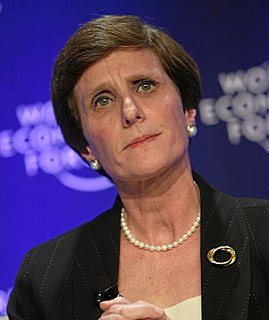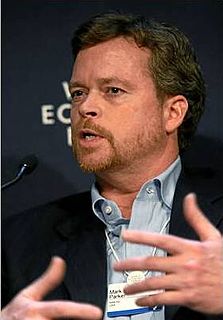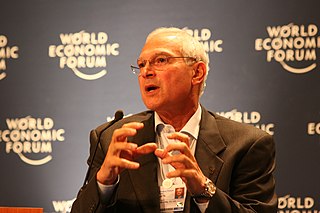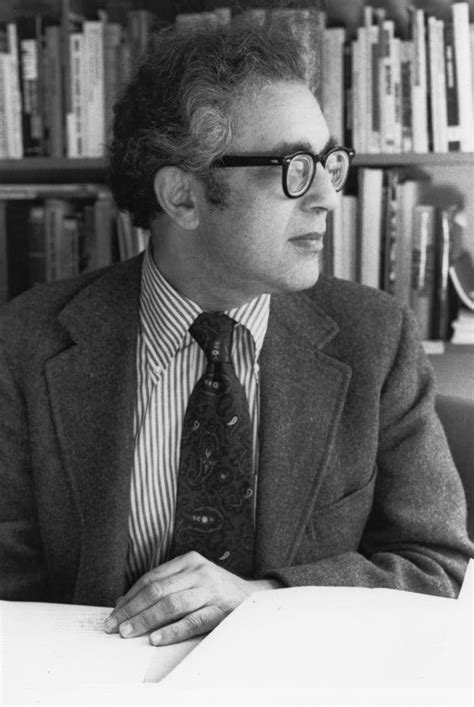A Quote by Bhavish Aggarwal
If we want, we can be profitable, but we are focusing on growth. We don't comment on profitability, but we do look at it internally. And many of our Ola cities are profitable. But our focus across all cities is growth.
Related Quotes
To build and sustain brands people love and trust, one must focus-not only on today but also on tomorrow. It's not easy...but balancing the short and long term is key to delivering sustainable, profitable growth-growth that is good for our shareholders but also good for our consumers, our employees, our business partners, the communities where we live and work, and the planet we inhabit
Sustainability at Nike means being laser-focused on evolving our business model to deliver profitable growth while leveraging the efficiencies of lean manufacturing, minimizing our environmental impact and using the tools available to us to bring about positive change across our entire supply chain.
In our perform agenda, segmentation is one of our key strategic priorities. Segmentation is about deploying the right go-to-market channel to the right customers with the right pricing and the right cost to serve. And as a result, the segmentation strategy ensures that we generate profitable growth.
By rebuilding transportation so that you're not owning this thing that just sits there all the time, you get to rebuild cities in the process. If we do this right as a country, we have a chance to re-create our cities with the people, rather than cars, at the center. Our cities today have been built for the car. They've been built for car ownership. Imagine walking around in the city where you don't see any parking lots and you don't need that many roads.
We have to acknowledge that we can't look to manufacturing or natural resources to drive growth like we have in the past. Human capital, talent, and knowledge are our most important resources now. Every city has hidden seeds of opportunity waiting to be nurtured. Places like Detroit, Cleveland, and Pittsburgh are among my favorite cities. They have great universities, clusters of innovation across a range of industries, and pools of innovative and creative talent to build on.
The Spirit of Cities presents a new approach to the study of cities in which the focus is placed on a city's defining ethos or values. The style of the book is attractively conversational and even autobiographical, and far from current social science positivism. For a lover of cities--and perhaps even for one who is not--The Spirit of Cities is consistently good reading.



































